
Code: 06794658
Steroid Hormones and the T-Cell Cytokine Profile
by S. Lightman, G. A. W. Rook
The fact that certain adrenal steroid hormones are immunosuppressive and anti-inflammatory has been known for many years, and is routinely exploited by physicians. These effects are attributable to glucocorticoid steroids such as ... more
- Language:
 English
English - Binding: Paperback
- Number of pages: 227
Publisher: Springer London Ltd, 2011
- More about this

121.29 €

Low in stock at our supplier
Shipping in 10 - 14 days
Potřebujete více kusů?Máte-li zájem o více kusů, prověřte, prosím, nejprve dostupnost titulu na naši zákaznické podpoře.
Add to wishlist
You might also like
Give this book as a present today
- Order book and choose Gift Order.
- We will send you book gift voucher at once. You can give it out to anyone.
- Book will be send to donee, nothing more to care about.
More about Steroid Hormones and the T-Cell Cytokine Profile
You get 304 loyalty points
 Book synopsis
Book synopsis
The fact that certain adrenal steroid hormones are immunosuppressive and anti-inflammatory has been known for many years, and is routinely exploited by physicians. These effects are attributable to glucocorticoid steroids such as cortisol. Pharmacological doses of glucocorticoids inhibit most or all T cell types. However we now know that the effect of exposure to raised physiological levels is mainly to drive developing lymphocyte responses towards a Th2 cytokine profile (interleukin-4 secreting) while suppressing the development ofThi (gamma interferon secreting) lymphocytes. Only recently have two further regulatory mechanisms become appar ent. First, these effects of cortisol are balanced by pro-inflammatory and ThI-enhancing effects of another adrenal steroid, dehydroepiandro sterone sulfate (DHEAS). Second, the activity of cortisol is directly modulated by enzymes in the target organs and lymphoid tissues that convert it into inactive cortisone. This new information leads to the possibility that immunoregulatory steroids could be used by physicians in novel ways. We can envisage steroid combinations that exploit the anti-inflammatory effects of corti sol, while the Thi-suppressing and Th2-promoting properties of these hormones are opposed by derivatives of DHEAS. Such therapies are already proving effective in animal models of infection, and could revol utionize treatment of Th2-mediated diseases such as asthma, where the anti-inflammatory effects of cortisol are desirable but the effects on T lymphocyte differentiation are not.
 Book details
Book details
Book category Books in English Medicine Clinical & internal medicine Diseases & disorders
121.29 €
- Full title: Steroid Hormones and the T-Cell Cytokine Profile
- Author: S. Lightman, G. A. W. Rook
- Language:
 English
English - Binding: Paperback
- Number of pages: 227
- EAN: 9781447112389
- ISBN: 1447112385
- ID: 06794658
- Publisher: Springer London Ltd
- Weight: 371 g
- Dimensions: 235 × 155 × 14 mm
- Date of publishing: 26. September 2011
Trending among others
-

Radical Remission
18.17 € -10 % -

Oxford Handbook of Infectious Diseases and Microbiology
50.59 € -4 % -

Cancer Is Not a Disease - It's a Healing Mechanism
28.27 € -

How to Starve Cancer
19.18 € -28 % -
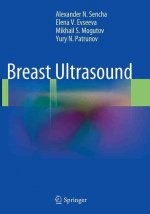
Breast Ultrasound
95.94 € -4 % -

Kuby Immunology
89.47 € -

Healing Add
17.87 € -15 % -

Emperor of All Maladies
12.51 € -20 % -
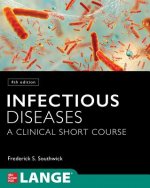
Infectious Diseases: A Clinical Short Course
112 € -
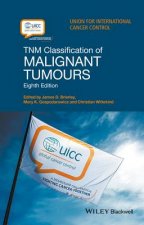
TNM Classification of Malignant Tumours 8e
52.31 € -1 % -
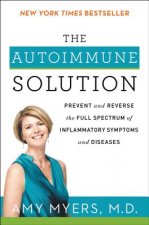
Autoimmune Solution
12.51 € -38 % -
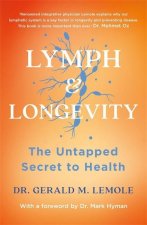
LYMPH & LONGEVITY
17.26 € -28 % -
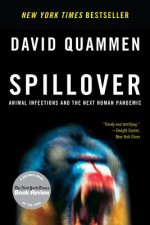
Spillover
15.24 € -

Cancer and the New Biology of Water
20.90 € -19 % -

Everyday Mindfulness for OCD
13.83 € -23 % -
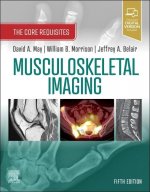
Musculoskeletal Imaging
100.68 € -14 % -

Pocket Radiation Oncology
55.84 € -
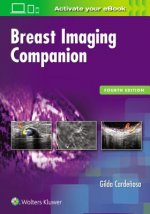
Breast Imaging Companion
137.04 € -
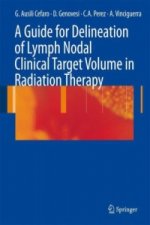
Guide for Delineation of Lymph Nodal Clinical Target Volume in Radiation Therapy
106.54 € -4 % -

Target Volume Delineation for Conformal and Intensity-Modulated Radiation Therapy
178.96 € -

Stay Healthy During Chemo
16.25 € -18 % -
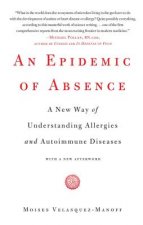
An Epidemic of Absence
17.06 € -18 % -
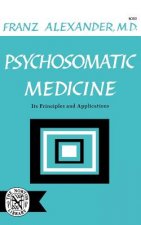
Psychosomatic Medicine
21.70 € -12 % -

Bethesda Handbook of Clinical Oncology
77.86 € -9 % -
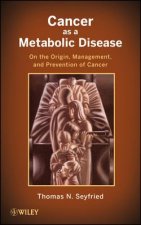
Cancer as a Metabolic Disease - On the Origin, Management, and Prevention of Cancer
160.78 € -
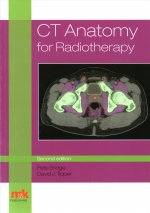
CT Anatomy for Radiotherapy
90.69 € -
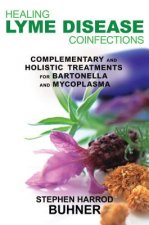
Healing Lyme Disease Coinfections
16.96 € -19 % -

Roitt's Essential Immunology 13e
64.43 € -

Natural Treatments for Lyme Coinfections
16.96 € -19 % -
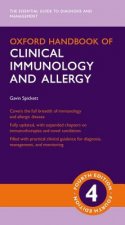
Oxford Handbook of Clinical Immunology and Allergy
44.13 € -1 % -

Manual of Clinical Oncology
68.47 € -7 % -
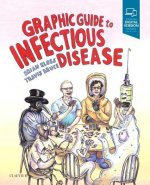
Graphic Guide to Infectious Disease
39.48 € -12 % -

Comprehensive Review of Infectious Diseases
129.27 € -5 % -

Emergency Management of Infectious Diseases
124.72 € -15 % -
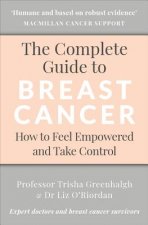
Complete Guide to Breast Cancer
17.26 € -28 % -
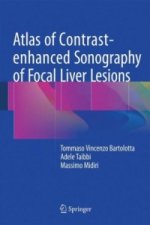
Atlas of Contrast-enhanced Sonography of Focal Liver Lesions
106.54 € -4 % -

Illustrated Anatomical Segmentectomy for Lung Cancer
170.07 € -4 % -

Palliative Radiation Oncology
195.52 € -9 % -

Atlas of Head and Neck Cancer Surgery
127.75 € -4 % -
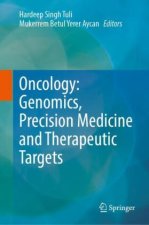
Oncology: Genomics, Precision Medicine and Therapeutic Targets
175.63 € -
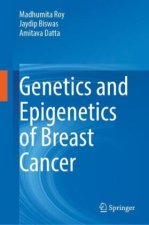
Genetics and Epigenetics of Breast Cancer
175.63 € -
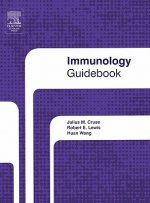
Immunology Guidebook
254.71 € -
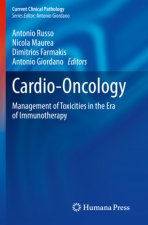
Cardio-Oncology
106.54 € -4 % -
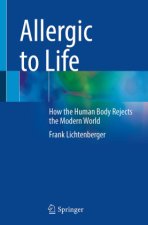
Allergic to Life
42.71 € -12 % -
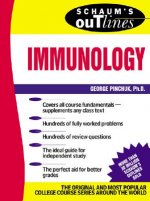
Schaum's Outline of Immunology
27.06 € -14 % -

Gout & Its Cure
4.94 € -18 % -

Great Influenza
17.77 € -12 % -

Oxford Handbook of Expedition and Wilderness Medicine
59.98 € -
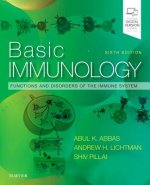
Basic Immunology
63.92 € -5 %
Collection points Bratislava a 2642 dalších
Copyright ©2008-24 najlacnejsie-knihy.sk All rights reservedPrivacyCookies


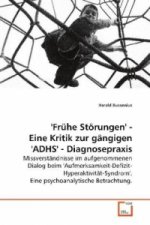


 15549 collection points
15549 collection points Delivery 2.99 €
Delivery 2.99 € 02/210 210 99 (8-15.30h)
02/210 210 99 (8-15.30h)